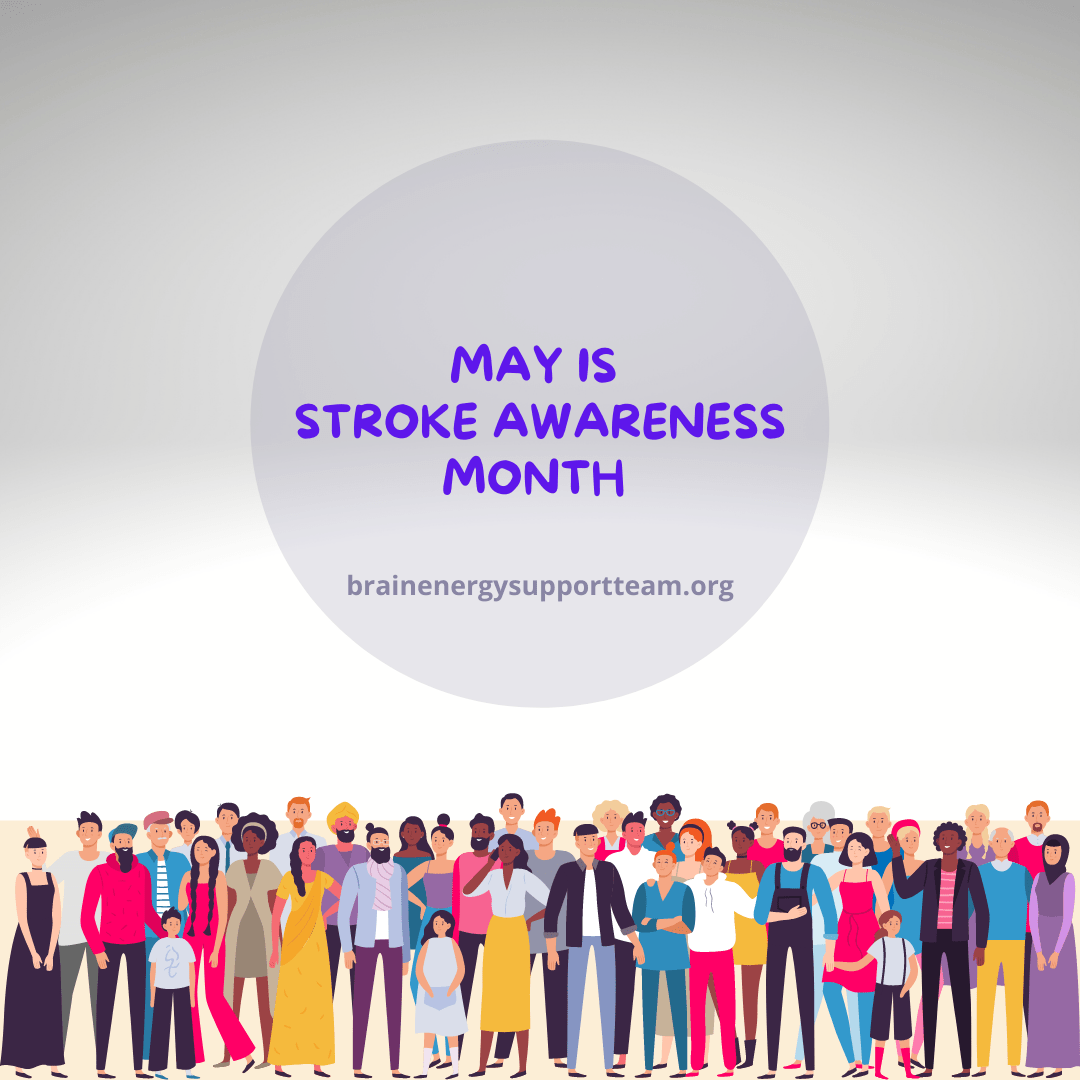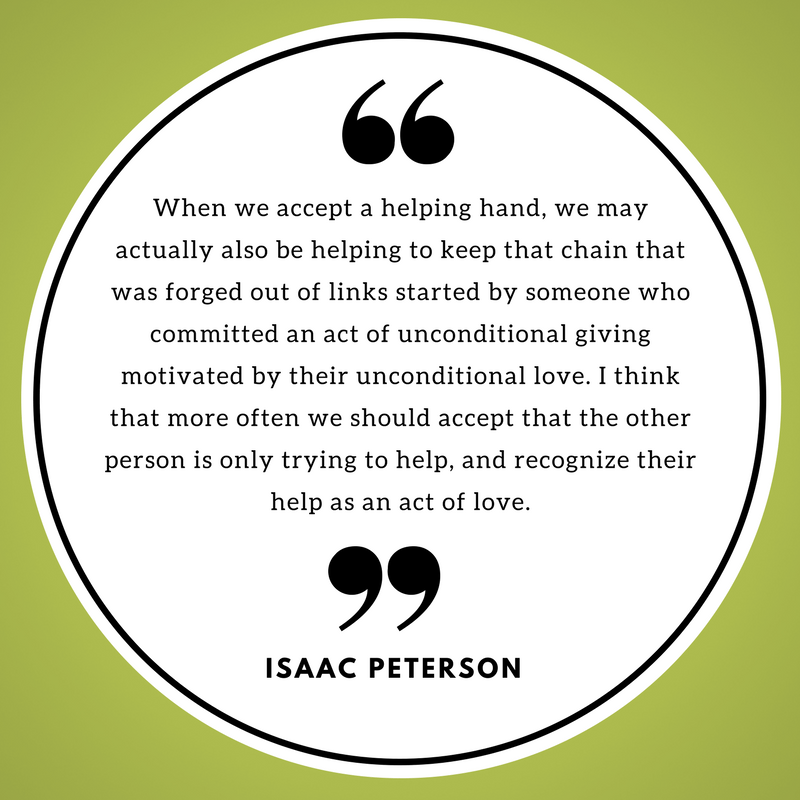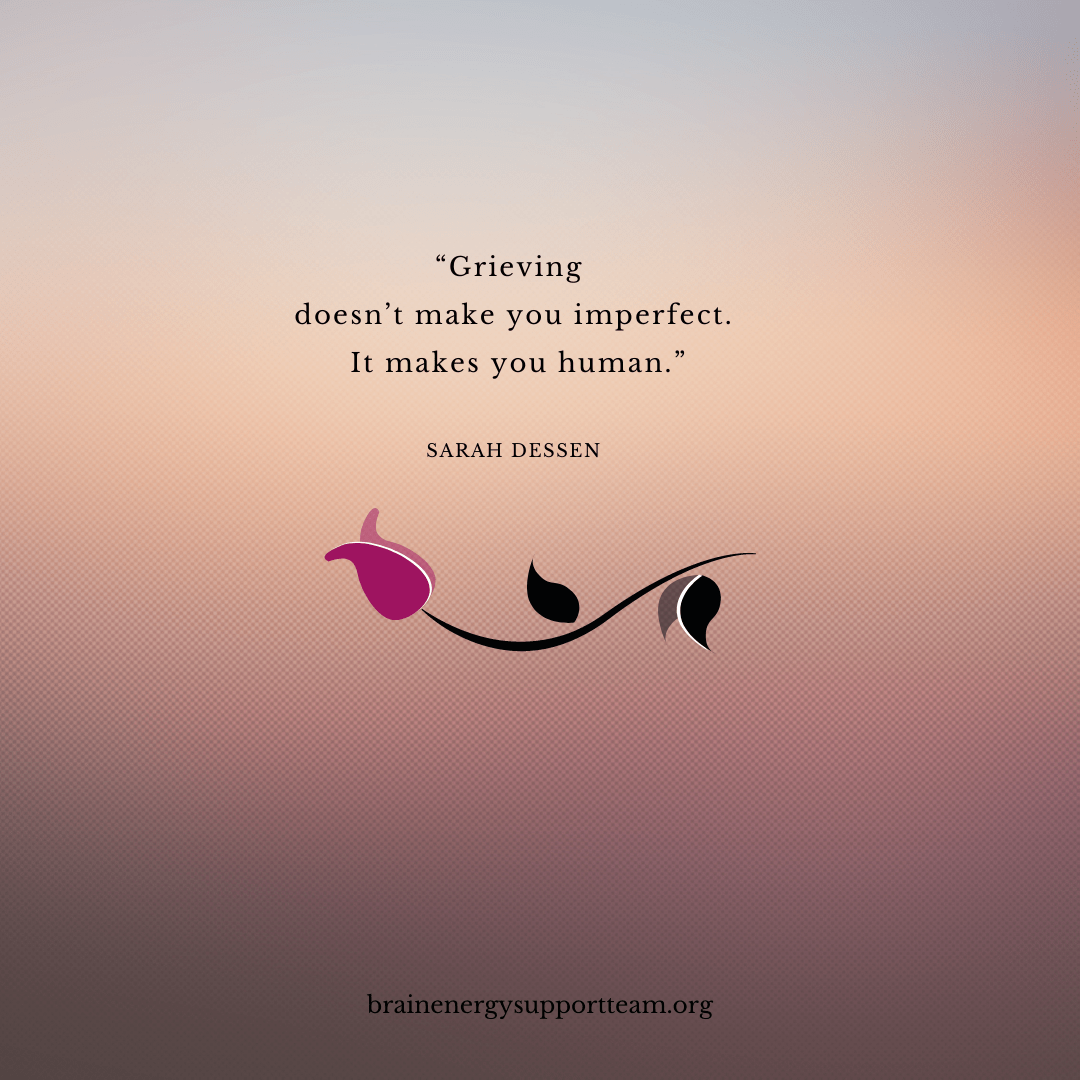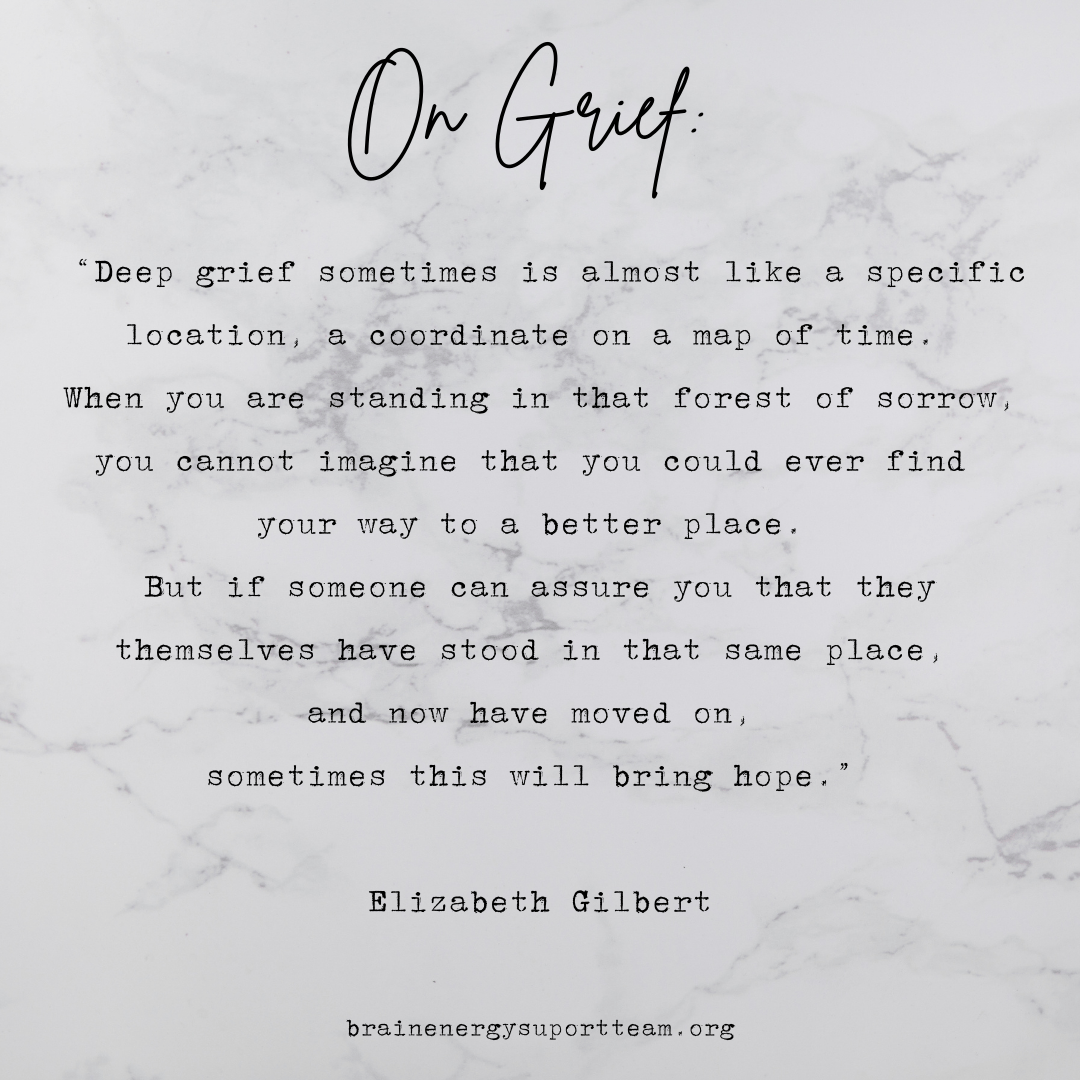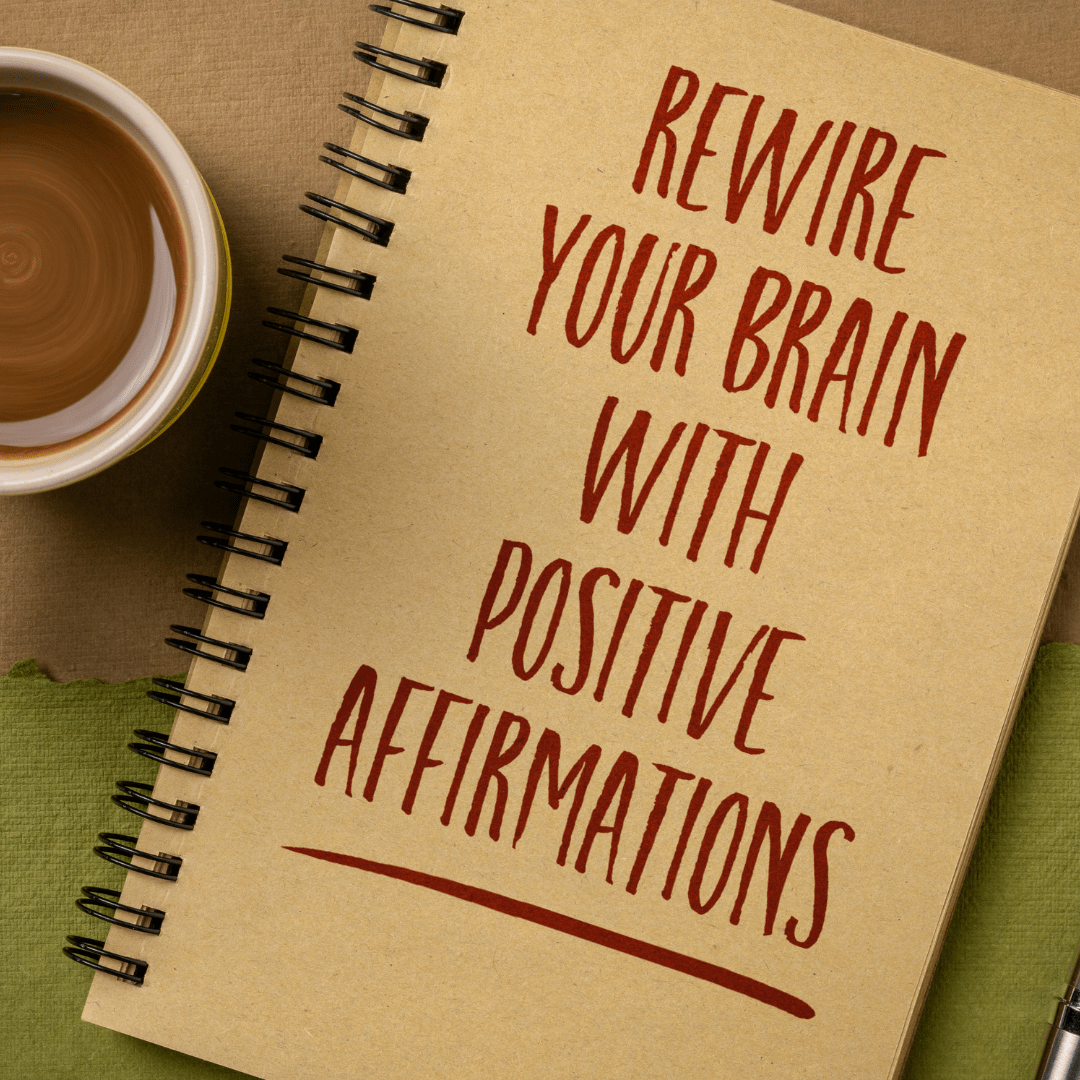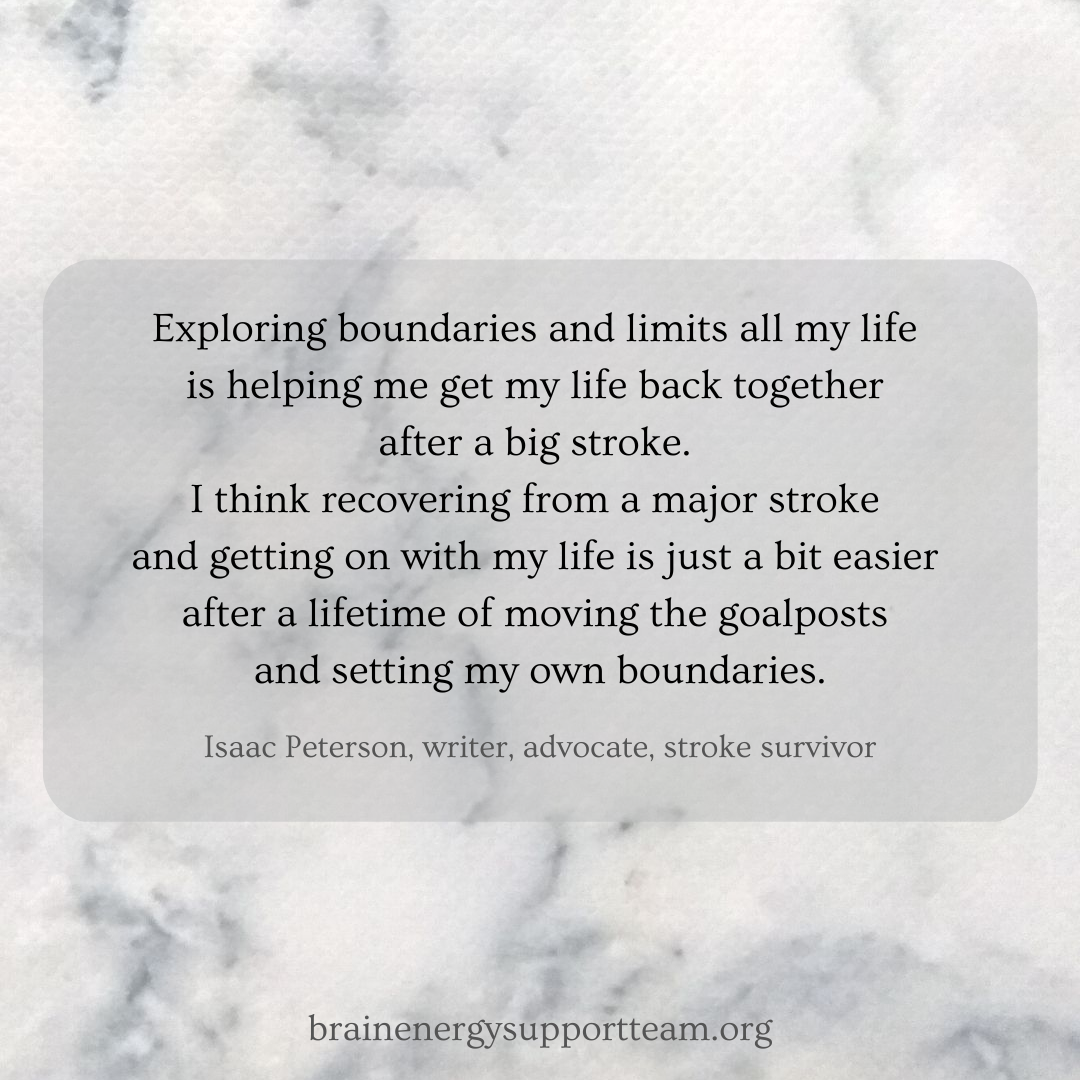American society at large can hold standards and expectations when it comes to grieving and expressing grief. Those standards can be shaped, maintained and reinforced through television, movies, magazines and other means shared by society at large.
Types of grief that are widely accepted are types considered enfranchised by the majority.
However, some forms of grief are not widely recognized as appropriate. This is called disenfranchised grief: grief that doesn’t fit in with society’s attitudes about the proper way to grieve or grieving outside of areas generally acceptable by social norms.
Examples of disenfranchised grief include:
- Mourning the end of an extramarital affair.
- Grieving the incarceration of a loved one for child molestation.
- Emotional pain after an abortion.
- Grief or guilt feelings following the death of a physically abusive partner.
There are many more examples of grief that are not validated by society at large. Some grief inspires stigmas or disapproval, and can lead others to judge or criticize the one experiencing grief. It can give the message that such grief is inappropriate or you’re supposed to grieve alone. The reactions of others might cause feelings of shame or embarrassment instead of comfort and can prolong the grief and the pain.
Some people who might otherwise offer sympathy and support may not know how to respond to grief related to something not often discussed.
Unexpressed disenfranchised grief can lead to insomnia, substance abuse, anxiety, depression, diminished self-esteem, shame and physical symptoms like muscle tension or stomach distress.
Inability to maintain healthy relationships, difficulty focusing and mood swings are other possible difficulties that can also result from disenfranchised grief.
How does one cope with disenfranchised grief?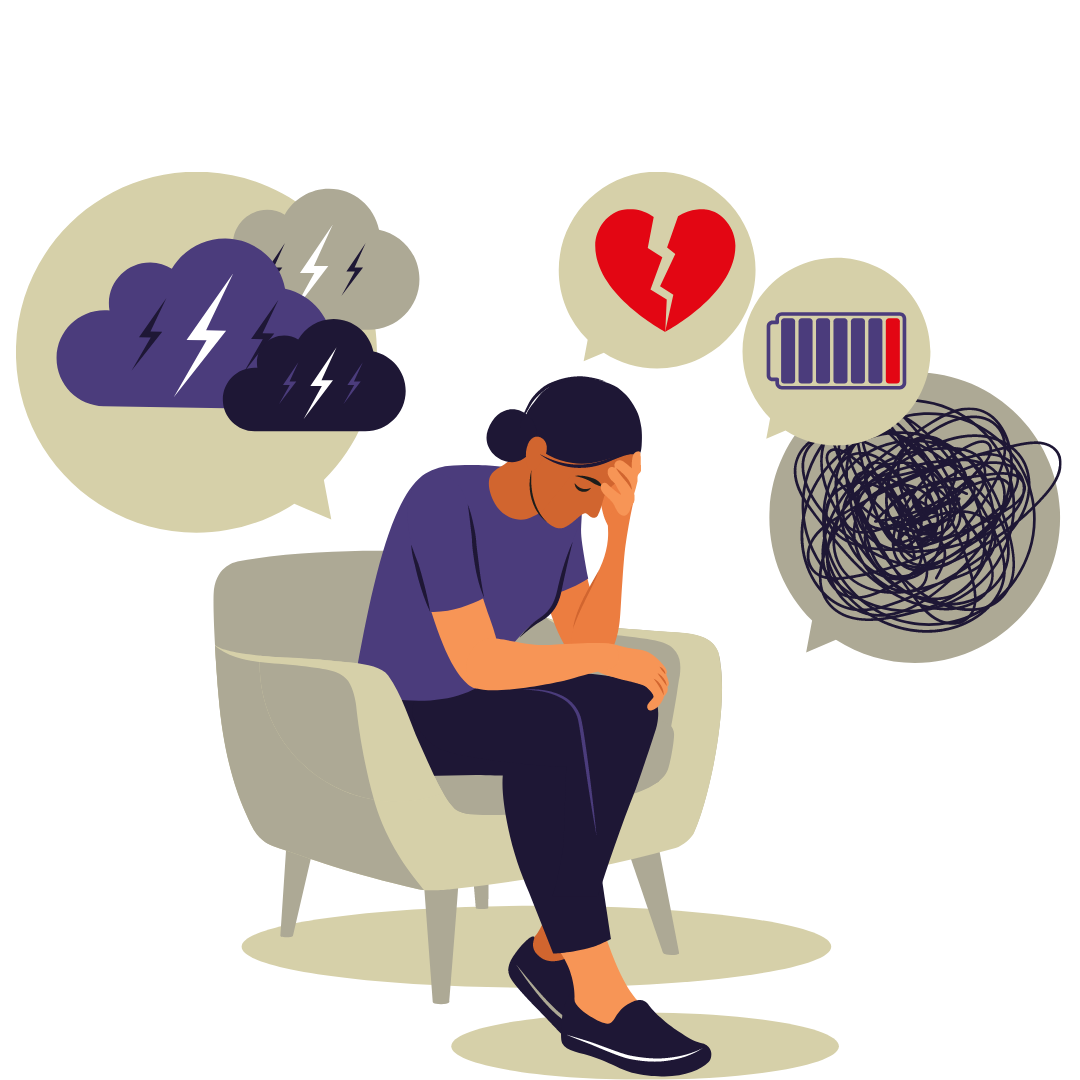
One of the most important coping strategies is to seek people who are comfortable with you sharing your grief and will be nonjudgmental. If there are no close, sympathetic friends available, support groups or therapy may be helpful.
Acknowledge your grief and give yourself permission to feel the grief, even though others may not validate your feelings or approve of them.
As with other forms of grief, keeping a journal may be helpful. Journaling may help process and express the grief that others may not feel is appropriate.
Taking care of your body is important. As I stated before, unexpressed grief can have negative physical effects as well as mental and emotional. Staying hydrated, maintaining a healthy diet, getting adequate sleep and exercise are advisable parts of a coping strategy. This is always a good idea, regardless, but may also help manage grief.
If your grief is for the passing of someone near and dear and there was a special place where you shared good times, spend some time in that place and think about the good times you shared.
None of these coping strategies may work for you, but when you are having difficulty expressing that grief, feel free to find your own way to express it privately.
Above all, give yourself permission to grieve, to grieve for as long as you need, and to grieve in your own way, whether or not others approve.
Grief is a topic that is currently generating a lot of interest in certain quarters. The conversation has tended to focus on grief in general. I wanted to expand the scope of grief to include types not normally discussed or even commonly recognized.
The types of grief I’ve examined so far are as follows:
- Ambiguous grief: the grief experienced when the object of the grief is still alive but has undergone change in some significant way, such as with Alzheimer’s or traumatic brain injury.
- Anticipatory grief: the grief experienced with the impending death of a loved one.
- Disenfranchised grief, which I explored above.
There are at least nine other types of grief I haven’t touched on:
- Absent grief and inhibited grief, closely related types, that occur when someone shows no outward signs of grieving.
- Delayed grief is grief that occurs a long time after the triggering event.
- Cumulative grief is grief that builds up over time due to numerous separate events.
- Distorted grief takes forms not normally recognized as grief, commonly expressed as anger.
- Abbreviated grief is grief that passes quickly.
- Chronic grief is grief that may take many months or even years to run its course.
- Complicated grief is marked by conflicting feelings after a loss, such as sadness and relief simultaneously.
- Collective grief is grief that is shared by large groups, like the national grief after the attack on 9/11 that caused thousands of needless deaths.
And there are likely other forms of grief of which I’m not yet aware. I may address some or all of these types of grief in the future.
Who would have thought a simple thing like grief could be so complicated?
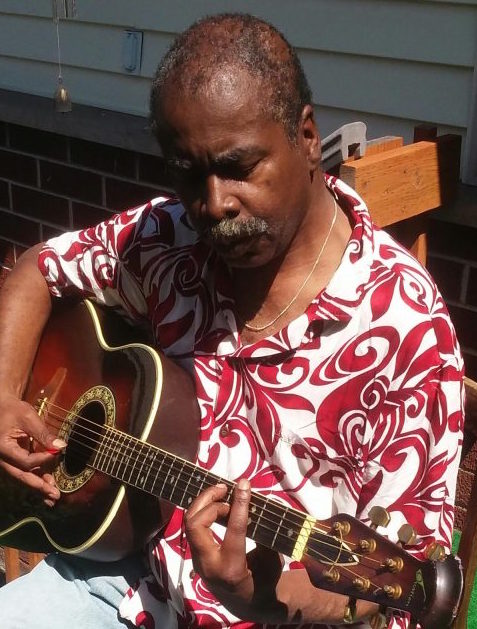 | Isaac Peterson grew up on an Air Force base near Cheyenne, Wyoming. After graduating from the University of Wyoming, he embarked on a career as an award-winning investigative journalist and as a semi-professional musician in the Twin Cities, the place he called home on and off for 35 years. He doesn’t mind it at all if someone offers to pick up his restaurant tab and, also, welcomes reader comments. Email him at isaac3rd@gmail.com. Read more articles by Isaac here; https://www.brainenergysupportteam.org/archives/tag/isaac-peterson |
|---|

